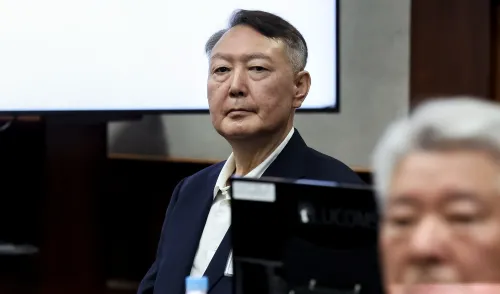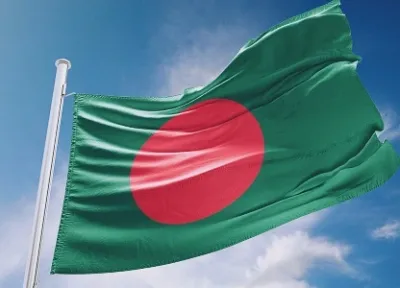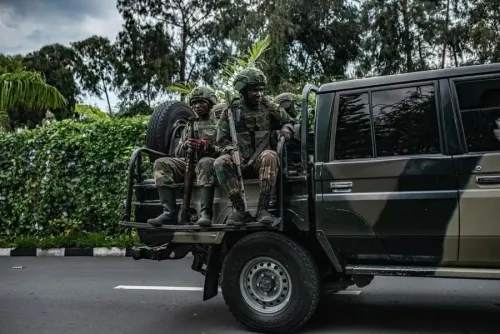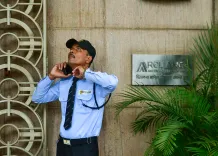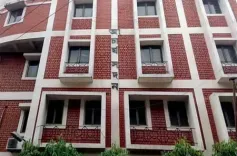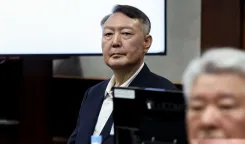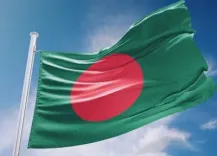Why Are Baloch Activists Outraged Over the Treatment of Protesters in Islamabad?

Synopsis
Key Takeaways
- Baloch activists are facing severe repression from authorities in Islamabad.
- Women, children, and the elderly have been particularly affected by the forced evictions.
- The Baloch Yakjehti Committee plays a crucial role in advocating for the rights of the Baloch community.
- Peaceful protests have been met with state oppression and restrictions.
- The situation raises critical questions about human rights and equality in Pakistan.
Islamabad, July 21 (NationPress) A Baloch human rights organization has condemned the actions of Pakistani authorities for forcibly removing Baloch protesters—including women, children, and the elderly—from their residence after cutting off water supply and exposing them to harsh weather conditions in Islamabad. "Authorities in Islamabad have forcibly displaced Baloch protesters from their homes, leaving them vulnerable to rain and extreme heat. Forcing landlords to evict peaceful demonstrators is both cruel and unacceptable," stated the Baloch Voice for Justice.
As reported by the Baloch Yakjehti Committee (BYC), Sunday marked the fifth day of a sit-in protest by families of forcibly disappeared individuals and detained BYC leaders in Islamabad. Since the camp's inception, protesters have been denied the opportunity to establish their camp in front of the Islamabad Press Club.
Nadia Baloch, sister of BYC Central Organizer Mahrang Baloch, criticized the Islamabad Police and state institutions on Monday, claiming they have treated Baloch women in ways that are unimaginable even for immigrants globally.
"The treatment of Baloch women by Islamabad police and state institutions is beyond belief. For years, our people have faced forced disappearances, only to have their mutilated bodies discarded in remote areas. Despite the ongoing oppression, the State remains unsatisfied. Now, it seems we are denied even the right to exist in the capital of our own country, Islamabad," Nadia shared on X.
"Evicting Baloch children, mothers, and elders from their homes in the dead of night and leaving them homeless is not just insensitivity; it is the worst form of state oppression, fascism, and racial discrimination. The Islamabad police and state institutions must clarify: Are Baloch citizens of this state or not? If we are denied the right to live, speak, or seek justice in Islamabad, we too must question what this state means to us," she added.
Nadia emphasized that the Baloch community has consistently sought their rights through peaceful protests within the constitutional framework. However, she warned that if the State does not alter its approach, “Baloch mothers, sisters, and daughters will no longer stay silent.”
"This nation does not solely belong to the powerful elites; it belongs to us as well. If you do not see us as citizens, we will communicate in a language you understand. This will not be an easy path for you either," she asserted.
The BYC pointed out that even on the fifth day of protests, the Islamabad Police continued to hinder the families from carrying out their demonstration.
"On Day 5, Islamabad police are actively obstructing families from continuing their sit-in in front of the Islamabad Press Club. This follows a series of oppressive measures: sealing roads to limit access to the protest site, prohibiting tents or shade despite extreme weather conditions, and elderly women and children fainting from the heat, amid fears of a police bus arriving for forced deportation back to Balochistan," detailed the BYC, outlining the restrictions imposed by the Islamabad Police.
"This is not merely a denial of the right to peaceful assembly but a blatant attempt to suppress and erase the voices of those seeking justice. These families have traveled from afar, asking only for what is rightfully theirs: freedom for the detained and accountability for the disappeared," it concluded.

